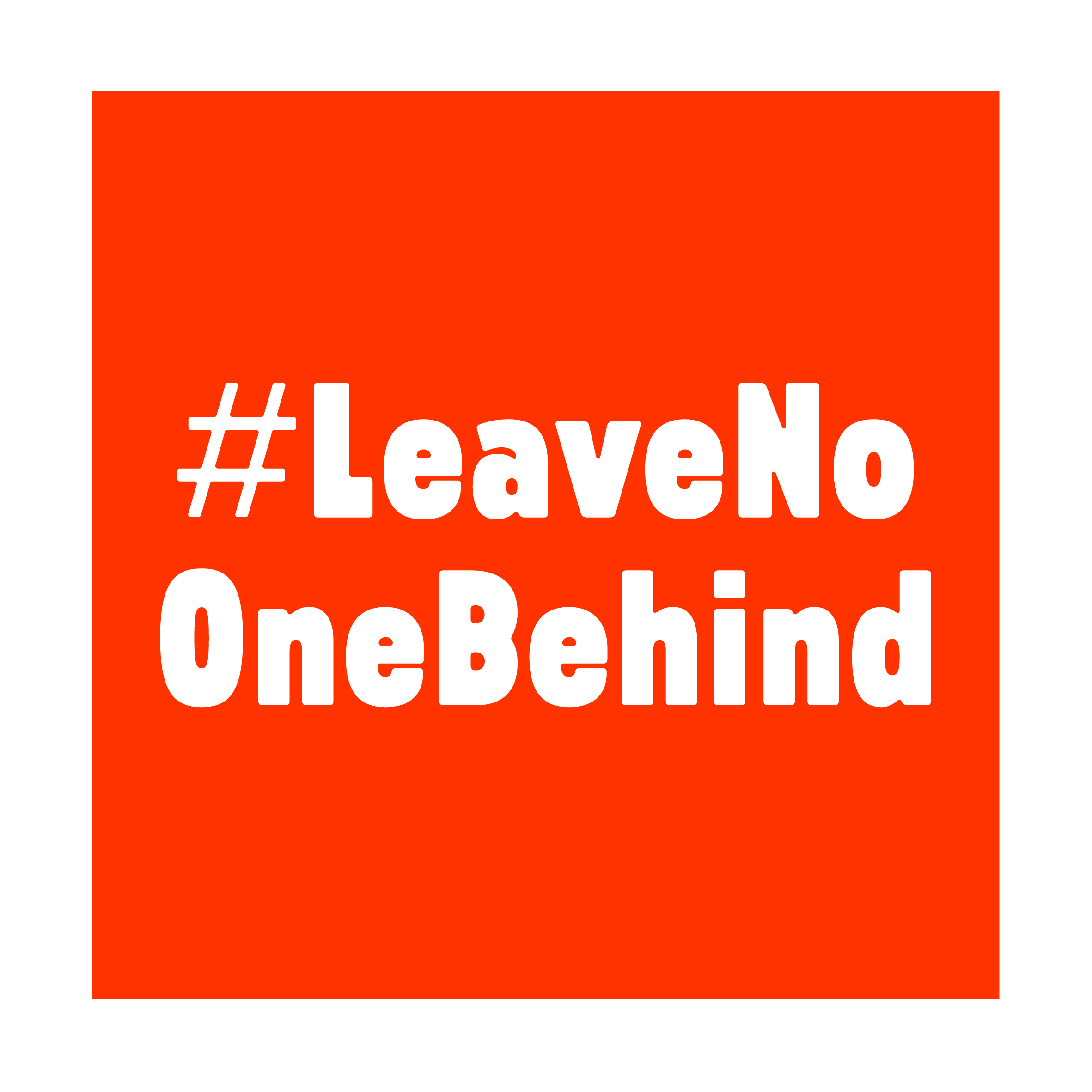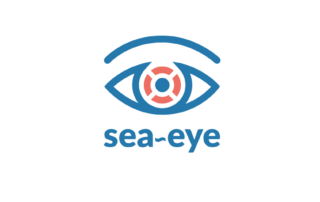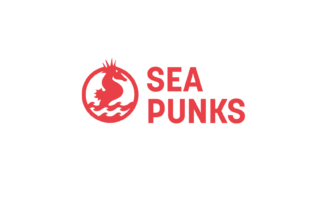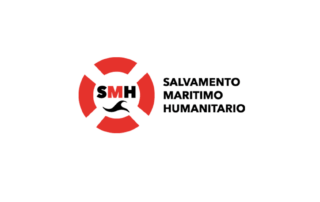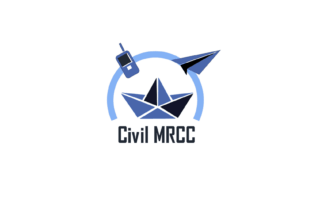Sea-Eye
Nearly 25,000. That's the grim number of people who have officially drowned in the Mediterranean since 2014. Not through "boat mishaps" or "accidents," but through political calculations that have made the Mediterranean the deadliest escape route in the world. With the end of state-run sea rescue, a void has been left in the Mediterranean that NGOs have been trying to fill for years. Sea-Eye is one of the sea rescue organizations active on the deadliest escape routes. Sea-Eye searches for people in distress at sea and who are struggling against drowning. Sea-Eye's actions are a response to the failed migration policies of the European Union, which refuses to accept its responsibility for the thousands of deaths in the Mediterranean.
Sea Punks
The Sea Punk activists have seen enough people dying every day while fleeing across the Mediterranean over the last decades. As a non-profit organization, the Sea Punks have only one goal in mind: Civilian sea rescue in the Mediterranean Sea with a rescue-capable ship. They have bought a ship, the Sea Punk One, so that they can save the lives of refugees in the Mediterranean. Sea Punks and its volunteers want to help people who are denied our privileges. They help people who leave their homes to flee war, violence, poverty and exploitation. The Sea Punks team is made up of people with very different talents. The volunteer activists cover many fields. From craftsmen to therapists, media workers, social workers to lawyers - their motto: Just do it!
Salvamento Marítimo Humanitario
The Aita Mari is a rescue ship operated by the Basque NGO Salvamento Maritimo Humanitario (SMH). The Aita Mari has recently completed modifications to adapt to Italian requirements and is now operational again to rescue people fleeing war and violence in their countries of origin. The ship has space for 120 people on deck and is equipped with a small clinic, as well as a rescue and medical crew.
Civil Maritime Rescue Coordination Centre
The Civil Maritime Rescue Coordination Centre (civilMRCC) is a coordination and documentation platform for emergencies and dangerous situations in the Mediterranean Sea. The civil MRCC aims to promote more efficient communication between the many different organizations and networks involved in search and rescue operations and, through a geo-information system, to pool information and thus contribute to better coordination of maritime emergencies.
